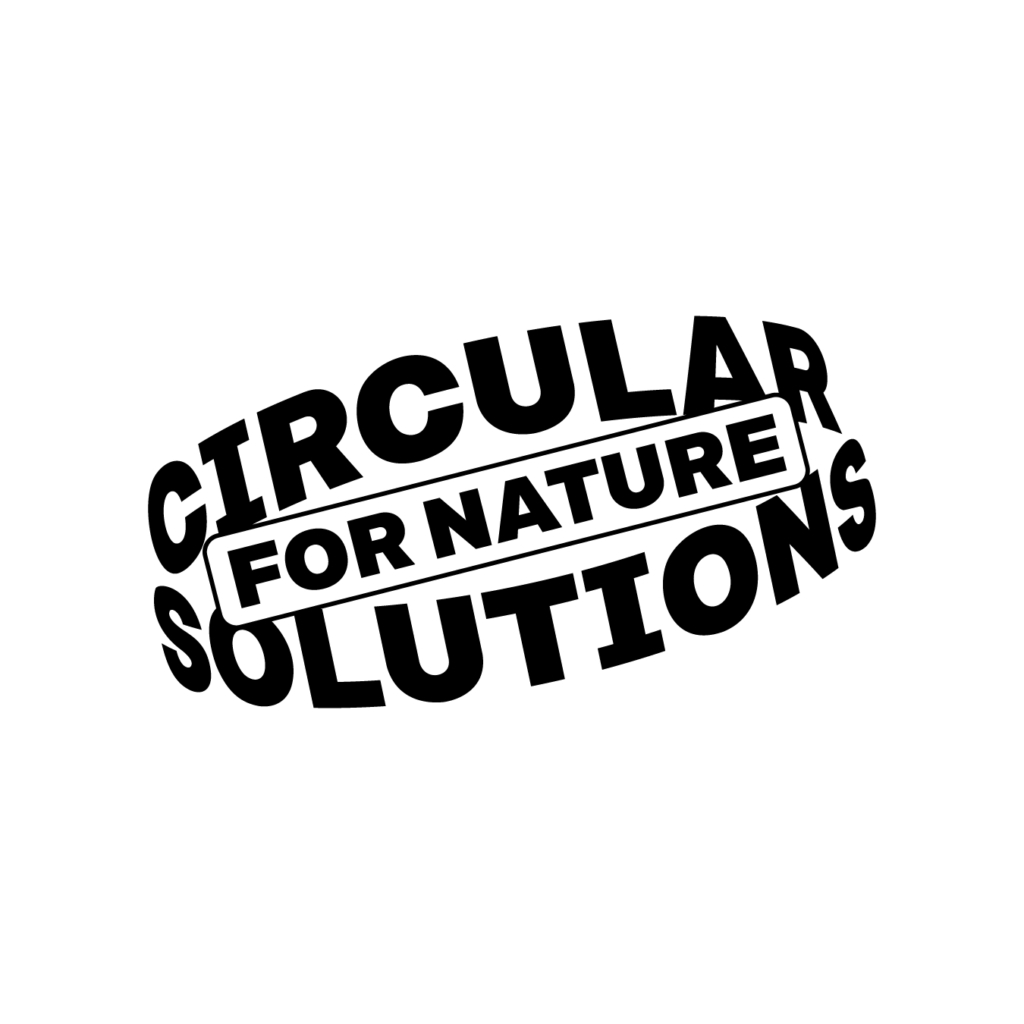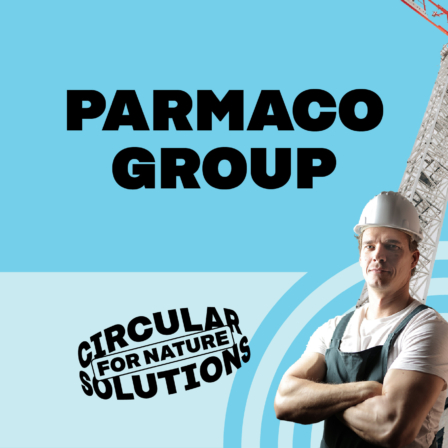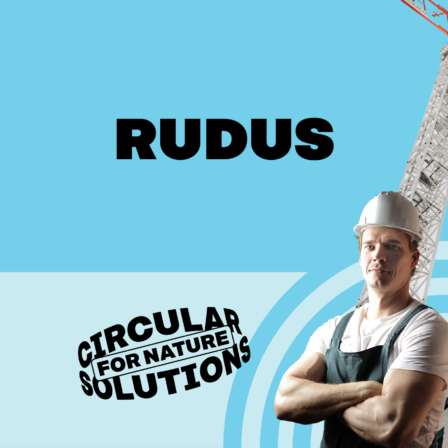Problem
Traditional business models in agriculture result in considerable pressures on nature. In Kenya, 80% of soils are degraded, threatening food production and livelihoods. Post-harvest losses are also significant. Regenerative principles can be difficult to apply for smallholder farmers who lack access to resources and markets. The need for a 60% increase in food production by 2050 to feed the growing population further intensifies the challenges.
Solution
Enviu addresses the challenges of unsustainable food systems by identifying pressure points and designing circular solutions through FoodFlow, a programme that encourages regenerative agriculture and agricultural supply chains in East Africa. The programme nurtures innovation and collaboration with partners to support smallholder farmers in adopting regenerative farming and delivering supply chain solutions that eliminate food loss and build a more resilient food system.
“Innovations often cannot be replicated straight from one location to another without understanding the local context. An important role can be played by programmes that bring in circular solutions and marry those with innovative approaches adapted to location conditions.”
Riku Sinervo and Tim Forslund, Sitra
Biodiversity impacts
Regenerative agriculture can tackle soil degradation and instead improve soil health and biodiversity, ensuring high yields over time. By reducing post-harvest loss, unnecessary land use and land-use change can also be minimised across East Africa, while emissions are simultaneously reduced.
Benefits for the company
Through FoodFlow, Enviu focuses its venture-building efforts on creating an innovative and regenerative agricultural ecosystem consisting of local start-ups. By creating scalable and replicable third-party businesses, FoodFlow accelerates the transition to regenerative agriculture in East Africa, reduces food loss and improves long-term crop productivity.


































